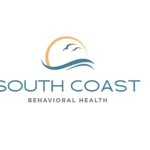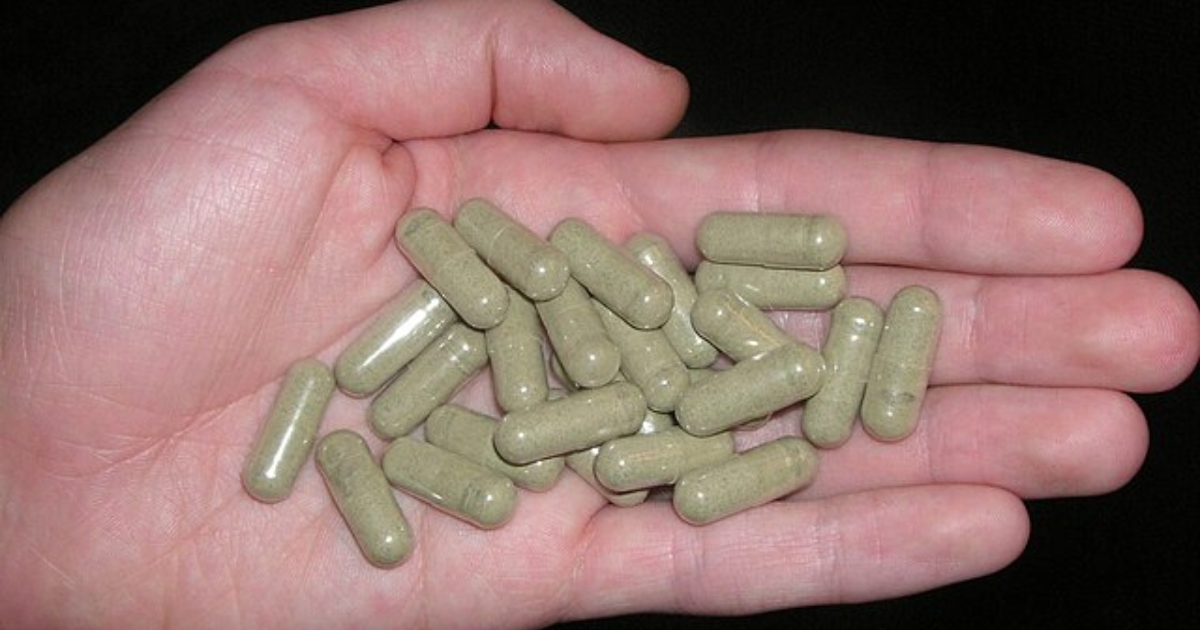What Is Cocaine?
Cocaine is a powerful stimulant drug derived from the leaves of the coca plant, which is native to South America. It is commonly found in two forms: powdered cocaine, also known as coke or blow, and crack cocaine, a more potent and highly addictive form. Together, these two variants defined the latter third of 20th-century American history, displayed prominently in nightly news coverage of the drug war.
Today, rates of cocaine addiction in the US are dropping. However, it remains a major threat to public health. Cocaine is classified as a Schedule II drug in the United States, meaning it has a high potential for abuse and dependence. There are treatment programs available that can assist someone as they overcome a cocaine addiction.
What Are the Effects of Cocaine?
Cocaine works by increasing the levels of dopamine, a neurotransmitter associated with pleasure and reward, in the brain. This creates a surge of euphoria and increased energy, making users feel alert and confident. However, these effects are short-lived, typically lasting for 15 to 60 minutes, depending on the method of ingestion.
While cocaine use may initially seem harmless, the drug can have dangerous and even life-threatening effects. Some of the short-term effects include increased heart rate, elevated blood pressure, dilated pupils, and increased body temperature. Long-term effects of cocaine use can include heart damage, respiratory issues, gastrointestinal problems, stroke, and seizures.
How Long Does Cocaine Stay In Urine
Cocaine will generally remain detectable in urine via a drug test up to three days after the last use. However, repeated cocaine abuse will cause levels to build up in the body; in heavy users, a urine test may detect cocaine for up to two weeks after the last use.
Is Cocaine Addictive?
Cocaine is very addictive due to its ability to produce intense feelings of euphoria and its rapid onset of effects. The short duration of these effects causes users to crave more of the drug to maintain pleasurable sensations.
Over time, users may develop a tolerance, requiring larger amounts of cocaine to achieve the desired effects. This cycle can lead to addiction, as the individual becomes both physically and psychologically dependent on the drug. Cocaine has many slang terms and is often used in pop culture like movies and television in a glamorous light.
South Coast Behavioral Health offers research-backed and compassionate treatment for cocaine addiction.
Can You Overdose on Cocaine?
Yes, you can overdose on cocaine. Cocaine is a powerful stimulant drug that can have life-threatening effects on the heart, blood vessels, and nervous system.
Some signs of a cocaine overdose may include:
- Rapid heart rate
- Chest pain
- Seizures
- Difficulty breathing
- Confusion or agitation
- Extreme anxiety or panic
- Tremors
- Elevated body temperature
- Unconsciousness
If you suspect someone is experiencing a cocaine overdose, seek immediate medical attention.
What Are the Signs of a Cocaine Addiction?
Recognizing the signs and symptoms of cocaine addiction is crucial for early intervention and treatment.
Some cocaine addiction signs include:
- Frequent and secretive drug use
- Intense cravings for cocaine
- Withdrawal symptoms when not using
- Increased tolerance
- Mood swings
- Cognitive impairments
- Suicidal ideation
- Loss of interest in hobbies, work, or school
- Financial troubles due to drug use
- Engaging in risky behaviors
Get confidential help from our addiction treatment specialists in Orange County. Call to join our rehab program today!
Call 866-881-1184Cocaine Addiction Treatment
If you or a loved one is addicted to cocaine, know that recovery is possible, and we at South Coast Behavioral Health are ready to help. Seeing the physical signs can be hard to witness, so finding dual diagnosis treatment for co-occurring disorders, inpatient treatment, or outpatient treatment can be a huge help.
The first step to any successful drug addiction treatment for stimulants is a medical detox. Our medical detox program in Southern California offers doctorate-level, certified physicians who will help you or your loved one detox from cocaine. Special medicines and proven therapy modalities such as cognitive-behavioral therapy and motivational interviewing will assist in managing cocaine withdrawal symptoms.
After medical detox, proper treatment can begin.
As with other forms of stimulant addiction, there are a variety of options for treating addiction to cocaine.
Residential Treatment in Costa Mesa, Irvine, and Huntington Beach
Our Southern California residential treatment program offers highly structured environments and experts in treating addiction to stimulants like cocaine. In our beautiful facilities, patients can expect around-the-clock medical attention and monitoring from addiction treatment professionals.
In addition to individual and group counseling, medication management, leisure activities, and family support services, these programs include a variety of therapeutic approaches.
Partial Hospitalization in Newport Beach
Less intensive than inpatient care, partial hospitalization offers a high degree of care combined with some increased flexibility. By undergoing Partial Hospitalization in Newport Beach, a patient can receive care five to seven days a week for several hours each day, returning to their sober living home in the evenings.
With the help of these programs, people can continue to recover without putting their daily lives completely on hold, receiving intense therapeutic interventions like group and individual therapy, skills development, and medication management as necessary.
Intensive Outpatient in Newport Beach
Here, patients typically meet three to five days a week for a few hours each session. This allows them to continue their employment or academic obligations while participating in group therapy, individual counseling, and other forms of therapy and education.
Get Started Today
If you or a loved one struggle with cocaine addiction but have questions about cost, the addiction recovery timeline, or other issues, call us at 866-881-1184 or contact us here. The long-term effects of cocaine addiction can be devastating. Our inpatient program can help you learn about cocaine and all its dangers. Our outpatient program can help you stay sober after completing an addiction treatment program.
Our highly qualified staff will be happy to help give you an idea of what to expect from your addiction recovery timeline, verify your insurance and payment information, and help with any other questions you may have. Call our treatment center today and learn about all the substance use disorders and addictions we treat.









